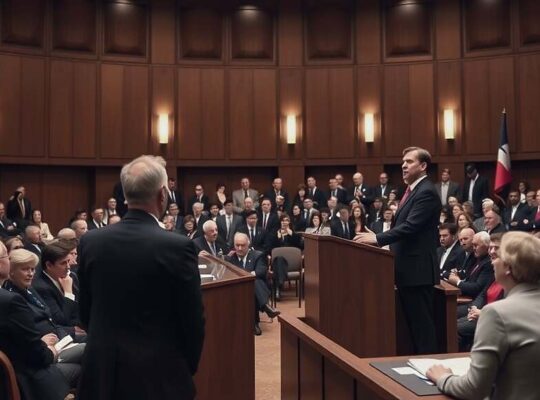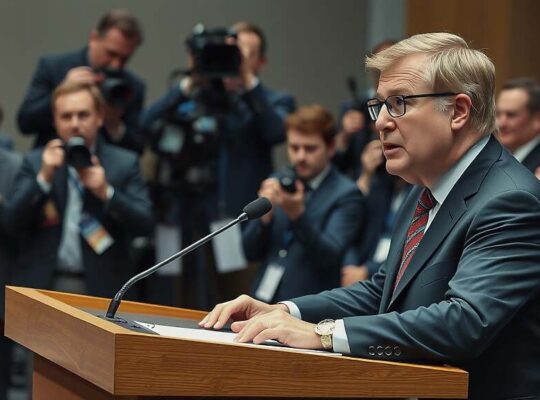The departure of Nancy Pelosi, a figure synonymous with decades of Democratic power in the United States, marks a significant shift in the American political landscape. After nearly 40 years representing San Francisco in Congress, the 85-year-old announced Thursday she will not seek re-election, concluding a career that fundamentally reshaped the House of Representatives.
Pelosi’s influence extends far beyond her district. She served as Speaker of the House from 2007 to 2011 and again from 2019 to 2023, navigating periods of intense political polarization and partisan gridlock. Before assuming the speakership, she held the crucial role of Democratic Minority Leader, solidifying her position as a central strategist and negotiator for the party.
Her decision, long anticipated within Washington circles, arrives amidst a broader narrative of generational turnover within the Democratic party. While her departure acknowledges the natural cycle of political life, it also raises questions about the future direction of the party and potential power vacuums within the House. Pelosi’s absence will undeniably impact the Democrats’ ability to coalesce around a unified agenda, particularly given present challenges.
Observers note a complex legacy. While lauded by many as a champion for progressive policies and a skilled political operator, Pelosi also faced consistent criticism from Republicans and even some factions within her own party, who questioned her leadership style and perceived detachment from working-class Americans. The constant barrage of partisan attacks and relentless scrutiny throughout her career took a visible toll, contributing to discussions about the increased toxicity of contemporary American politics.
The timing of her announcement and the lack of a clear successor already positioned to assume her role, signals a potentially vulnerable period for the Democratic party as it prepares for the 2024 elections and beyond. The question now becomes: who will fill the void left by one of the most consequential figures in modern American political history?












